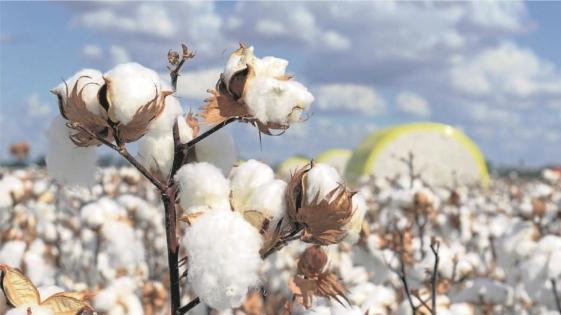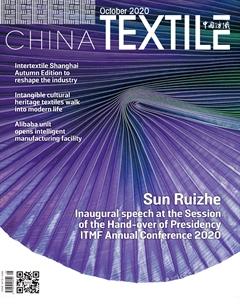The cotton import sliding-scale duty quotas have shrunk by half this year,and the changes worthy of attention are more than this!
by Zhao Xinhua
Recently, the National Development and Reform Commission issued the No. 5 Announcement of 2020. The document stated: in order to protect the cotton needs of textile enterprises, after research and decision, a certain amount of cotton import sliding-scale duty quotas will be issued this year.
Compared with last year, it can be seen that in 2020, affected by the pandemic, several important contents such as the issuance of cotton import sliding-scale duty quotas and application standards have changed, which deserves the attention of the majority of cotton spinning enterprises.
Change 1: Delayed by nearly five months
The National Development and Reform Commission issued the fifth announcement on August 31, while last years announcement was issued on April 12. It was nearly five months late, which was naturally related to the impact of this years pandemic.
Change 2: 50% reduction in distribution and restrictions on trade methods
Cotton import sliding-scale duty quotas has always been the focus of the majority of cotton-using enterprises, and the amount of quotas has not changed much over the years.
The 2020 announcement stated: “This time, the amount of cotton import sliding-scale duty quotas issued is 400,000 tons, all of which are non-state trade quotas.” In 2019, this amount was 800,000 tons.
Although the distribution has shrunk by half. However, it is worth noting that the announcement stipulates that the 400,000 tons in 2020 is limited to “imports by processing trade”, while the principle of quota allocation in 2019 is that“no distinction between general trade and processing trade.” When the National Development and Reform Commission authorized agency the “Import Cotton Sliding-Scale Duty Quotas Certificate” to applicants who have obtained quotas, the enterprise shall independently choose and determine the trading method.
Change 3: The scope of application conditions is expanded, and the nonwovens field is included
There has been little change in the application conditions of cotton sliding-scale duty quotas, and most of them are cotton spinning yarn enterprises. It is worth noting that this years announcement has added a capacity limit for nonwovens enterprises to apply for the quota.
The 2020 announcement stated that the applicant enterprise must meet one of the following conditions on the premise of meeting the basic conditions: 1. Spinning equipment (own) cotton spinning enterprises with 50,000 spindles and above; 2. All cotton Enterprises with an annual production capacity of spunlace nonwovens (own) of 8,000 tons and above(the production capacity of spunlace machines with a width of less than or equal to 3 meters is recognized as 2,000 tons, and the production line with a width of more than 3 meters is recognized as 4,000 tons).
As the countdown to the launch of new cotton is now, the issuance of cotton sliding-scale duty quotas once again ignites the textile raw material market. Looking back at the previous market where the reserve cotton transaction was hot, in 2020, affected by the pandemic, Chinese cotton textile enterprises are under unusual pressure, and whether they will increase quotas in the future, I am afraid that it is difficult to get an answer in the short term.
- China Textile的其它文章
- Dear readers
- Hybrid ITMF Annual Conference 2020
- Sun Ruizhe:Inaugural speech at the Session of the Hand-over of Presidency ITMF Annual Conference 2020
- Intertextile Shanghai Autumn Edition to reshape the industry
- Intertextile Shanghai Apparel Fabrics provides the industry energy
- CHIC 2020 comes back strong!

